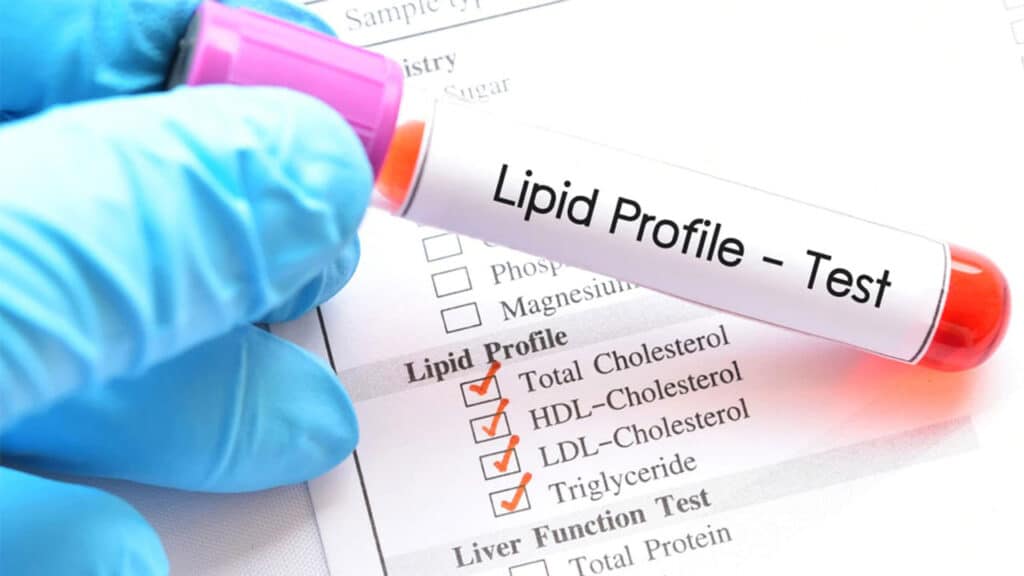“High cholesterol is bad!” That’s the warning we get on a pretty regular basis, even though, as with most things involving the body, it’s kind of complicated. We do need some cholesterol, and there are different types. Unless you’re an expert, the whole thing can be pretty hard to understand.
What those warnings are actually about is something called dyslipidemia. That’s the fancy, proper term for an abnormal amount of lipids (fats) in your blood. These lipids include cholesterol as well as its relatives, triglycerides and fat phospholipids. When they’re too high, it’s called hyperlipidemia.
Again, though, it’s not just about dyslipidemia or hyperlipidemia on their own. Dyslipidemia is a risk factor for other conditions, most notably atherosclerotic cardiovascular disease (ASCVD). Cardiovascular diseases are those that affect the heart and blood vessels. Considering how important the heart and blood vessels are to your survival, you probably won’t be surprised to know ASCVD can be serious – even to the point of fatality.
Atherosclerotic cardiovascular disease occurs when plaque builds up on the walls of the arteries, known as atherosclerosis. Atherosclerosis doesn’t have any symptoms on its own, but it can restrict blood flow to the heart (coronary heart disease), brain (cerebrovascular disease, or stroke), and other parts of the body (peripheral arterial disease).
Assessing your blood lipid levels for dyslipidemia is part of the cardiovascular risk assessments that are used to predict if you’re likely to experience a future cardiovascular event. Other factors include things like family history, age and whether you smoke. Other conditions, such as diabetes, kidney disease, liver disease and hypothyroidism, all increase the risk.
As you might guess from this list, the factors influencing both your risk of dyslipidemia and your broader likelihood of developing a cardiovascular disease are both biological and environmental. You can improve your chances of avoiding dyslipidemia through a healthy lifestyle with attention to diet, exercise and adequate sleep. Genetics, however, are more of a warning. You can’t change your family history.
Medication is available for those of you who can’t control dyslipidemia with lifestyle changes. Statins are probably the most famous, but there are also resins, fibrates and icosapent ethyl, among others. Basically, you do have options.
Hopefully this all gets you a bit closer to understanding how cholesterol impacts your wider health and the related factors that increase or decrease your risk of cardiovascular disease.




